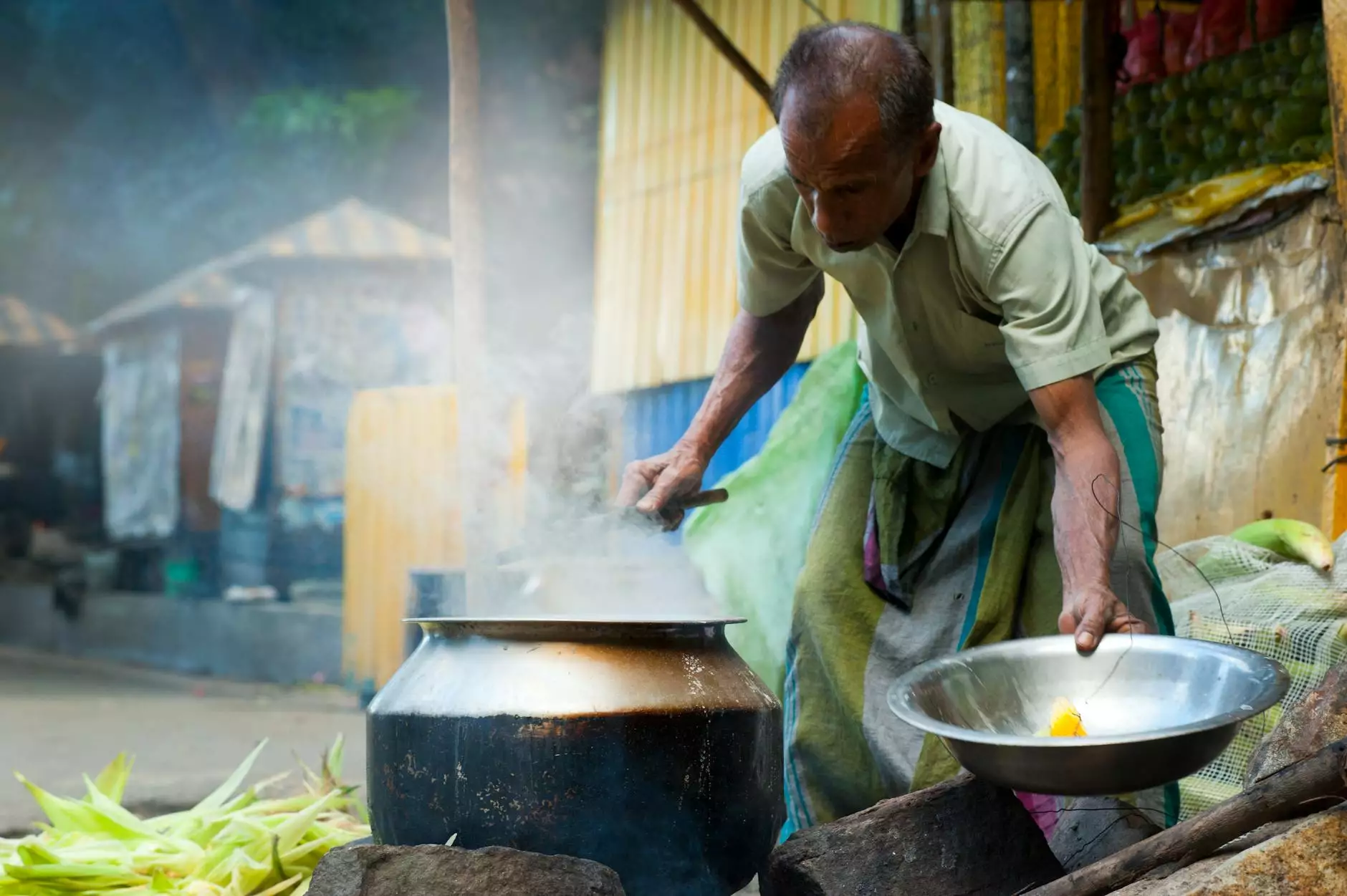Brazilian Sugar Exporters: Navigating the Sweet World of Sugar Commerce

The global sugar market plays a crucial role in various industries, and at the heart of this sweet commerce lies Brazil, one of the world's leading sugar producers and exporters. With its fertile lands and ideal climate, Brazilian sugar exporters have positioned themselves as key players in the sugar supply chain, ensuring that the world has access to this essential commodity. In this extensive article, we will explore the dynamics of sugar exports from Brazil, the challenges faced by exporters, and the prospects for the future.
The Importance of Sugar in the Global Market
As one of the most consumed commodities worldwide, sugar plays a significant role in the economy and the dietary habits of millions. It is not simply a sweetener; it is a core ingredient that affects the production of food and beverages, biofuels, and even pharmaceuticals. Here are some key points highlighting the significance of sugar:
- Global Consumption: Sugar consumption is on the rise, particularly in developing countries where diets are changing rapidly.
- Industrial Uses: Beyond the food industry, sugar is used in cosmetics, pharmaceuticals, and bioethanol production.
- Economic Impact: The sugar industry provides millions of jobs and contributes significantly to national economies.
Brazil’s Dominance in Sugar Production
Brazil is recognized as the largest sugar producer and exporter in the world. The country's geographical advantages, including vast arable land and a favorable climate, enable the cultivation of sugarcane at an unmatched scale. The factors that contribute to Brazil's dominance include:
1. Favorable Climate and Geography
The diverse climate across Brazil, particularly in regions like São Paulo, Minas Gerais, and Paraná, provides an optimal environment for sugarcane cultivation. This natural advantage allows exporters to ensure a consistent and ample supply of sugar to meet global demands.
2. Advanced Agricultural Techniques
Brazilian farmers have adopted sophisticated farming techniques and technologies, leading to increased yield per hectare. Techniques such as precision agriculture, which utilizes data and technology, play a pivotal role in enhancing productivity.
3. Integration of Biofuels
Brazil is also a pioneer in integrating sugarcane production with ethanol production. Sugarcane is processed not only for sugar but also for biofuel, creating a robust and sustainable industry that bolsters the economy while providing energy solutions.
Key Players in the Brazilian Sugar Export Market
In the competitive landscape of sugar exports, several companies stand out as leaders in the industry. Some of the major players include:
- Raízen: A joint venture between Shell and Cosan, Raízen is one of Brazil's largest sugar producers, focusing on sustainability and innovation in sugar production.
- Bunge: A global agribusiness and food company, Bunge operates in multiple sectors, including sugar and bioenergy.
- Louis Dreyfus Company: A key player in agricultural commodities, it has a significant share in sugar exports from Brazil.
- Copersucar: One of the largest sugar and ethanol trading companies in Brazil, Copersucar is instrumental in the international sugar market.
The Process of Sugar Exporting from Brazil
The journey of sugar from Brazil to global markets involves several meticulous steps:
1. Harvesting and Processing
The process begins with the harvesting of sugarcane, followed by crushing it to extract juice, which is then processed into sugar crystals. The Brazilian sugar exporters utilize state-of-the-art processing facilities to maintain high standards of quality.
2. Compliance with Global Standards
Brazilian exporters must adhere to strict international regulations, ensuring that sugar meets food safety and quality standards. This includes certifications like ISO and compliance with safety regulations in importing countries.
3. Transportation and Logistics
Once processed, sugar is transported via road, rail, or waterways to ports. Brazil boasts an extensive logistics network facilitating efficient export. Key ports include Santos and Paranaguá, which handle a significant portion of the country’s sugar exports.
Challenges Faced by Brazilian Sugar Exporters
While Brazil maintains its position as a top sugar exporter, there are several challenges that exporters must navigate:
1. Climate Change
The effects of climate change pose risks to sugarcane production, affecting yields and thus the amount available for export. Changes in rainfall patterns, increased temperatures, and extreme weather events can disrupt the planting and harvesting cycles.
2. Global Competition
With other countries like India, Thailand, and Australia ramping up their sugar production capabilities, Brazilian exporters face heightened competition in international markets. This competition can lead to price volatility and reduced market shares.
3. Trade Regulations and Tariffs
Changes in trade policies, tariffs, and import restrictions imposed by importing countries can affect the profitability of exports. Navigating these regulatory landscapes requires expertise and adaptability.
The Future of Brazilian Sugar Exports
The outlook for Brazilian sugar exporters is bright, albeit temperature and market fluctuations. Here are some anticipated trends:
1. Sustainability Initiatives
As global demand for sustainably sourced products increases, Brazilian exporters are investing in sustainable farming practices, reducing their carbon footprint, and improving water usage efficiency. This shift not only meets consumer demand but also enhances brand value.
2. Technology Integration
Advancements in technology, such as blockchain for supply chain transparency and precision agriculture for enhanced productivity, are set to revolutionize the sugar exporting business. These innovations can improve traceability, reduce waste, and optimize operations.
3. Expanding Global Markets
Emerging markets in Asia and Africa present new opportunities for Brazilian sugar. As these regions develop, their sugar consumption is set to rise, creating a demand that Brazilian exporters can capitalize on.
Conclusion
In conclusion, Brazilian sugar exporters have a pivotal role in the global sugar market, driven by their abundant resources, advanced techniques, and strategic positioning. Despite facing challenges from climate change, competition, and regulatory pressures, the future looks promising with ongoing innovations and a growing global demand for sugar. By embracing sustainability and technology, Brazil's sugar exporters are not only meeting today's demands but are also paving the way for a thriving industry in the years to come. With the world increasingly leaning towards sustainable and ethical sourcing, Brazilian sugar is well-positioned to lead the way into this new era of sugar exportation.









